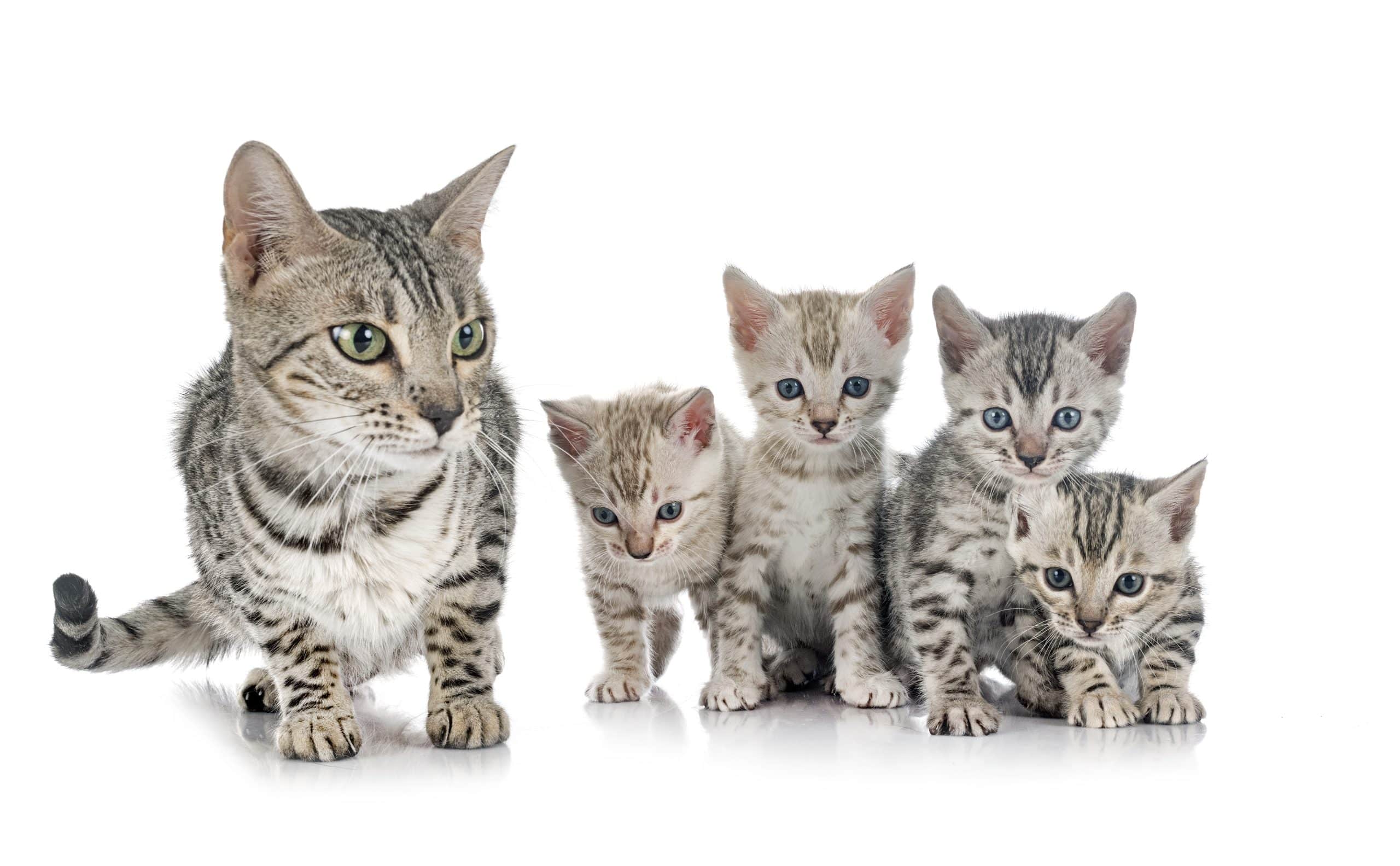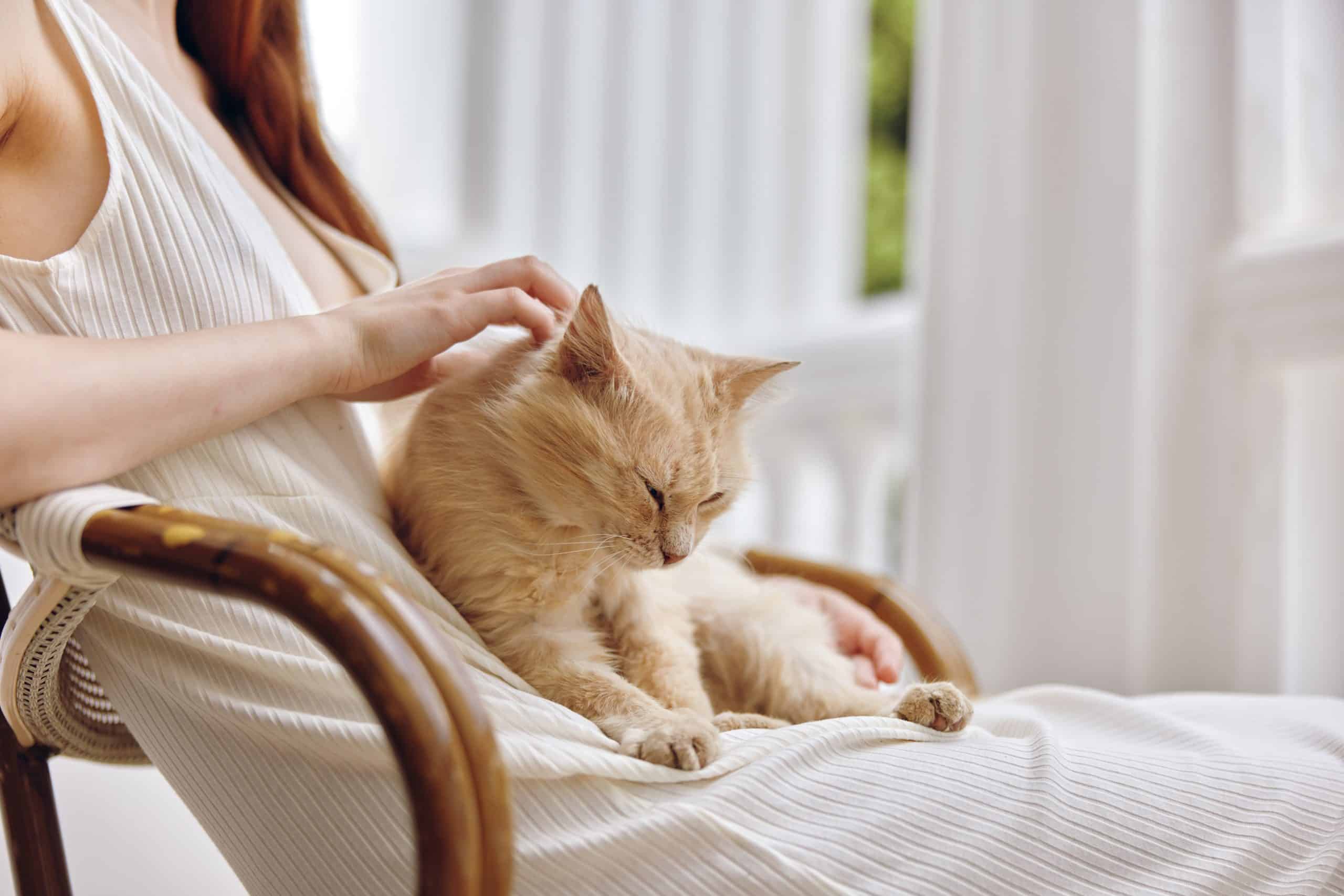Choosing between having a pet cat or a pet dog depends on various factors such as lifestyle, living situation, and personal preferences. Here’s a comparative look at some key differences and considerations between the two:
Time and Commitment
Cats:
- Generally more independent and can be left alone for longer periods.
- They require less direct interaction and exercise compared to dogs.
- Litter-trained cats don’t need to be taken outside for bathroom breaks.
Dogs:
- Typically, they need more attention, exercise, and interaction.
- Require regular walks and outdoor time for bathroom breaks and exercise.
- Often they thrive on routine and consistent training and socialization.
Space and Environment
Cats:
- Adapt well to smaller living spaces like apartments.
- Enjoy vertical spaces like cat trees and shelves for climbing and perching.
- Generally quieter and less disruptive to neighbours.
Dogs:
- Need more space to roam and play, especially larger breeds.
- Some breeds adapt well to apartment living, but all need outdoor time.
- Can be more vocal, which may be an issue in close living quarters.
Maintenance and Care
Cats:
- Groom themselves but still benefit from regular brushing.
- Require a litter box, which needs regular cleaning.
- Generally less prone to needing frequent baths.
Dogs:
- Require regular grooming depending on the breed.
- Need to be bathed more frequently, especially after outdoor activities.
- More prone to bringing in dirt and mud from outside.
Social Interaction
Cats:
- Often more aloof and independent, though some breeds are very affectionate.
- They can be left alone for extended periods but still enjoy human interaction.
- Typically, they form bonds with fewer people and can be wary of strangers.
Dogs:
- Usually more social and enjoy being around people and other animals.
- They require regular interaction and can suffer from separation anxiety.
- Often enjoy activities like playing fetch, training, and socializing with other dogs.
Costs
Cats:
- Generally less expensive in terms of food, grooming, and medical care.
- Lower cost for pet insurance.
- Less prone to needing professional training services.
Dogs:
- Higher costs for food, especially for larger breeds.
- Potentially higher grooming costs, especially for long-haired or special-needs breeds.
- Often require training classes and regular vet check-ups.
Allergies
Cats:
- Cats are more likely to cause allergies due to dander and saliva.
- Some breeds are considered hypoallergenic, but reactions vary by person.
Dogs:
- Dogs can also trigger allergies, but some breeds are less likely to cause reactions.
- Hypoallergenic dog breeds are available, but they still produce some allergens.
Lifespan
Cats:
- Typically, they live longer, often 12-20 years, depending on health and breed.
Dogs:
- Lifespan varies widely by breed, generally 10-15 years. Smaller breeds tend to live longer than larger breeds.
Personal Preferences
Ultimately, making a decision between a cat and a dog comes down to personal lifestyle and preferences. Cats can be more suitable for people who have busy schedules, live in smaller spaces, or prefer a lower-maintenance pet. Dogs may be a better fit for those who have the time and energy to devote to regular exercise, training, and social interaction, and who may enjoy the companionship of a more interactive pet.










